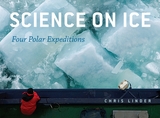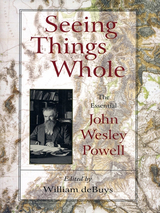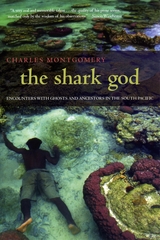Cloth: 978-1-9788-4768-2 | Paper: 978-1-9788-4767-5 | eISBN: 978-1-9788-4769-9 (all)
Marriage and fertility rates are falling around the world, upending social security planning and threatening economic growth. In Love Apocalypse, anthropologists present their insights into this society-altering demographic shift, drawing on their research into the ways love, romantic relationships and family are being transformed by cultural, social, and economic forces. Each case study in this volume examines a unique cultural context from either Asia (China, South Korea, Japan, India), Europe (Germany, Lithuania) or Latin America (Cuba, Peru) grounded in years of ethnographic research into how communities’ experiences and perceptions of love, marriage and family are changing in response to economic precarity, shifting gender relations, status competition, and diversifying cultural norms. It is increasingly clear that marriage and two-parent nuclear families will not be the universal norm of the 21st century even if this arrangement was largely idealized a mere generation ago. However, this does not mean the end of love, intimacy or family, but rather its transformation and the emergence of new intimate relationships and adaptations to the challenges and opportunities of life in the 21st century.
See other books on: Decline | Gender Studies | Human Sexuality | Jankowiak, William | Marriage & Family
See other titles from Rutgers University Press












